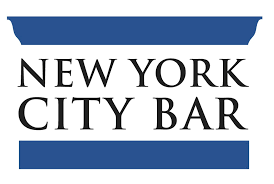
If worrying about our soon-to-be AI overlords wasn’t enough, two rulings recently dropped that illustrate the risk that an AI platform’s terms of use and privacy policy limitations may pose to confidential information. On February 17, 2026, in U.S. v. Heppner, Judge Jed Rakoff of the U.S. District Court for the Southern District of New York ruled that AI-generated documents were not entitled to either attorney/client or attorney work product protection, citing waiver of confidentiality due to the defendant’s consent to Anthropic’s privacy policy. And on January 5, 2026, in a case that has not received the same notoriety, Trinidad v. OpenAI, Inc., 2026 U.S. Dist. LEXIS 1129, 2026 WL 21791, Judge Jon Tigar of the U.S. District Court for the Northern District of California dismissed that case because he found that the plaintiff forfeited her trade secrets claim under OpenAI’s terms of use.
These cases not only serve as a cautionary tale for trade secret owners but a reminder of the impact that terms of service–the fine print many of us scroll through and consent to when securing access to a website or online tool–may have in future trade secret disputes. This begs the following question: should courts reconsider applying those terms of service and privacy policies so broadly in situations of confidentiality? Read on to find out . . .
Continue Reading Yet Another Reason to Fear AI? Two recent decisions provide a reminder of the risks of its use for trade secrets




